Unconventional Superfoods for Optimal Brain Health and Memory
Nourishing your brain isn’t about chasing the next big wellness trend or snacking on the same handful of “brain foods” you see everywhere. Sometimes, the most powerful boosters for memory and mental clarity hide in plain sight—passed down through world traditions, discovered by researchers, or quietly waiting on a specialty grocer’s shelf. Embracing unconventional superfoods opens the door to a more vibrant, well-rounded approach to cognitive health, where you can experiment and discover what feels genuinely supportive for your unique journey. This isn’t about perfection. Think of it as a gentle invitation to bring a little extra color and curiosity to your meal planning: roots that glow purple, seeds that traveled continents, mushrooms known for focus and calm, and teas that soothe both mind and spirit. Every choice—no matter how small—has the potential to nurture both memory and mood over time. Let’s step off the beaten path together and explore the truly unconventional superfoods shown by modern science (and centuries of wisdom) to help support sharp thinking and a resilient mind at any age.
1. Lion’s Mane Mushroom: The Mindful Fungi
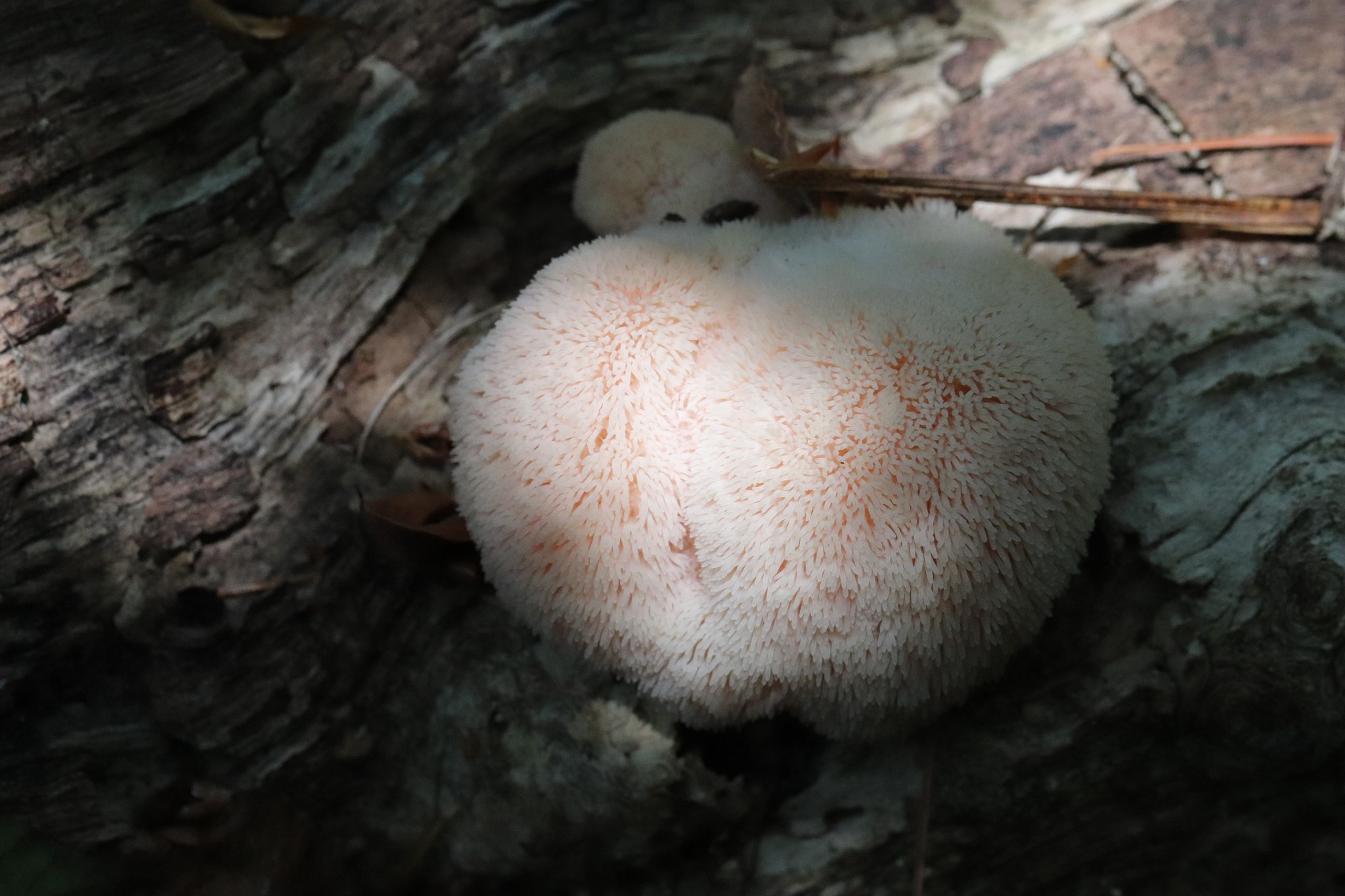
Sometimes, finding a little more mental clarity starts with something as humble as a mushroom. Lion’s Mane, with its distinctive snowy fringe, has long held a special place in both culinary dishes and traditional medicine worldwide. What makes it such a unique addition to your brain health toolkit? Researchers are enthusiastic about two special compounds—hericenones and erinacines—naturally found in Lion’s Mane. According to several studies, these compounds may encourage new nerve growth and support memory, helping to foster connections in the brain that keep us sharp and mentally agile as we age. Regularly using Lion’s Mane often calls for a bit of creativity: you’ll find it in supplement capsules, powdered for teas and coffee blends, or even fresh from farmers’ markets (delicious sautéed with a little olive oil). Herbalists and naturopathic doctors suggest enjoying Lion’s Mane consistently for about 6–12 weeks to reap adaptogenic benefits—just long enough for new habits to become second nature. Sourcing Lion’s Mane as a well-tested brand or fresh from reputable growers ensures you avoid contaminants. With its mild taste and reputation as a stress soother, this mindful fungi might just become your favorite new ritual for supporting memory and mental focus.
2. Moringa Oleifera: The Nutrient Tree
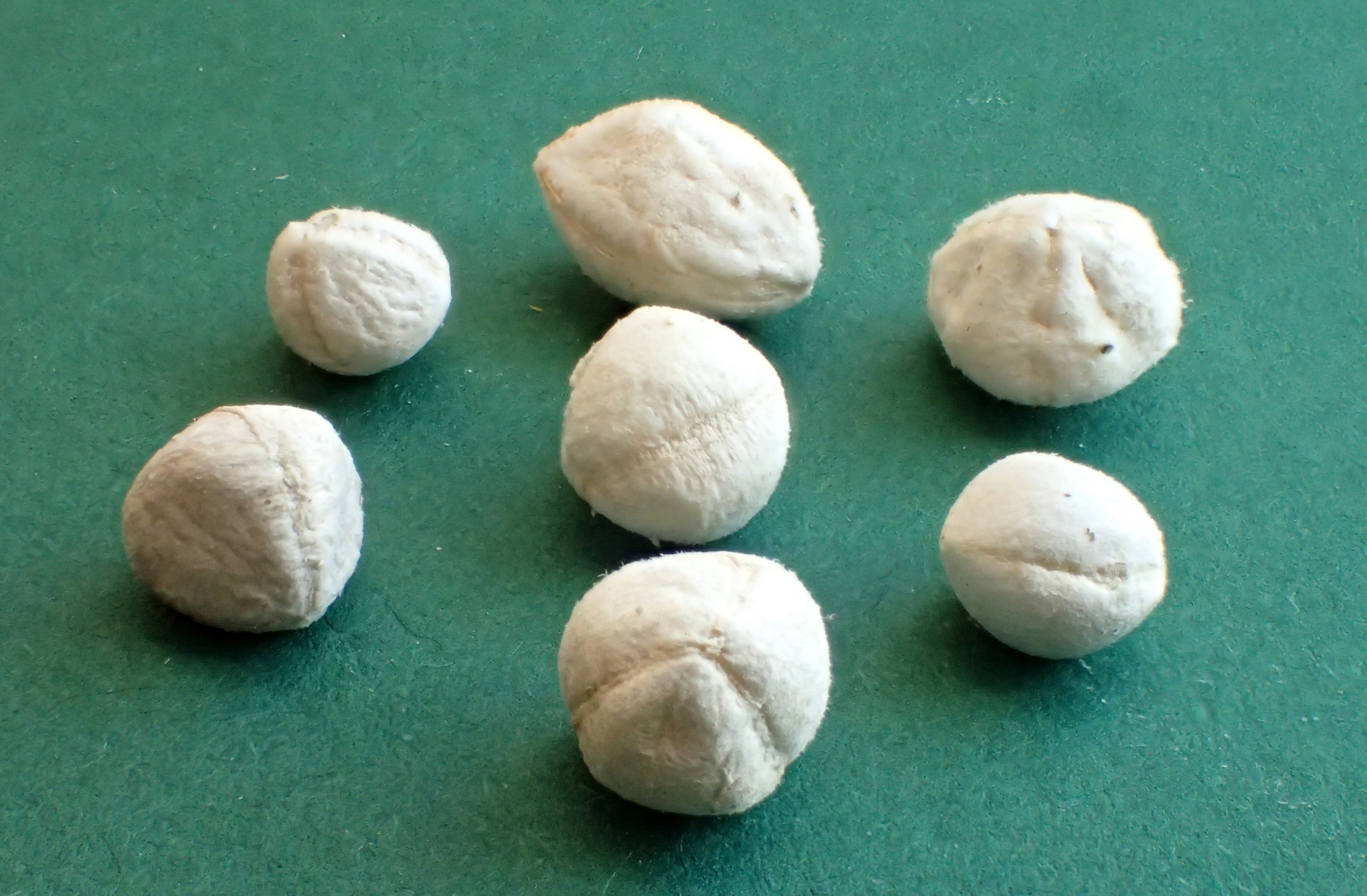
The “drumstick tree,” or Moringa Oleifera, may seem exotic, but it’s starting to show up in wellness circles around the world thanks to its impressive nutritional resume. Rich in antioxidants, polyphenols, vitamins, and essential minerals, Moringa leaves protect brain cells from oxidative stress—a sneaky culprit in age-related memory concerns. Scientific reviews point out that these nutrients help support mental clarity, promote energy, and shield neural pathways, making Moringa a true brain ally. If you’re new to this powerhouse, powdered leaf supplements blend smoothly into morning smoothies or teas. For a savory twist, sprinkle some in soups or even on eggs. While the flavor is earthy and slightly spicy, many find it easy to adapt by starting with small amounts and gradually increasing to suit their taste and body’s needs. When shopping, seek out certified organic and third-party-tested powders to ensure quality. Moringa is generally gentle on the system but—like any superfood—fits best as part of a diverse, colorful routine. Sometimes, optimal brain support really does grow on trees.
3. Sacha Inchi Seeds: The Inca Peanut
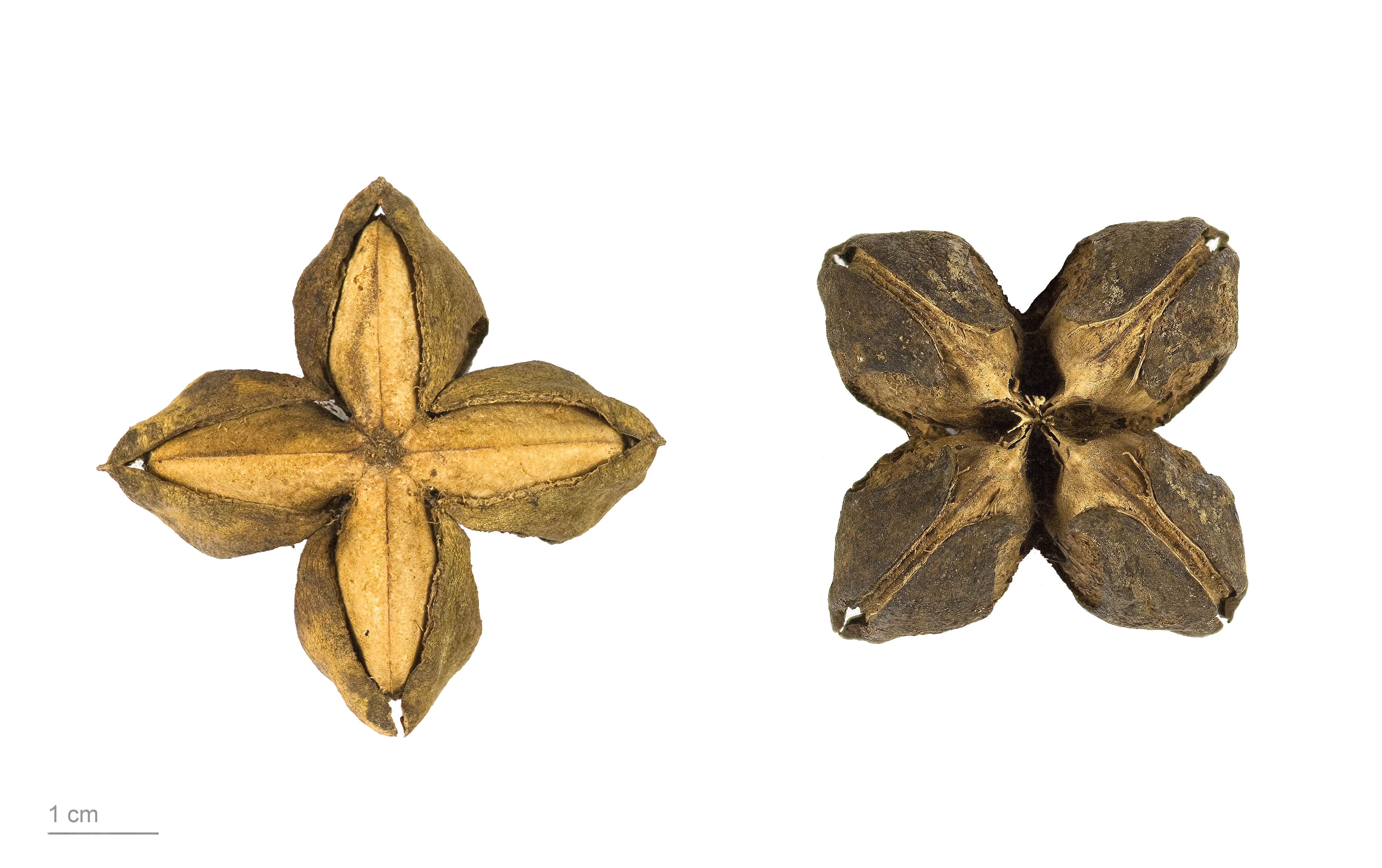
Imagine a nut with the rich, buttery flavor of a peanut but an extra helping of wellness benefits—that’s Sacha Inchi, also known as the Inca Peanut. Indigenous to the Amazon, these seeds are loaded with plant-based omega-3 fatty acids (alpha-linolenic acid), vitamin E, protein, and fiber. What sets them apart in brain health circles is the growing body of research linking their anti-inflammatory effects to healthy neural tissue. Clinical studies highlight how incorporating Sacha Inchi into regular meals may help support memory and maintain mental clarity, in part by protecting brain cells from oxidative stress. Enjoy Sacha Inchi seeds simply roasted as a portable snack, tossed on salads, or used as a unique nut butter; Sacha Inchi oil is a smooth addition to dressings or spreads. Allergic to tree nuts? These seeds may offer a more accessible alternative, but it’s wise to start slow. Seek out reputable brands in health food stores or online. Sometimes, carving a new memory path can be surprisingly crunchy and delicious!
4. Purple Sweet Potato: The Vibrant Tuber
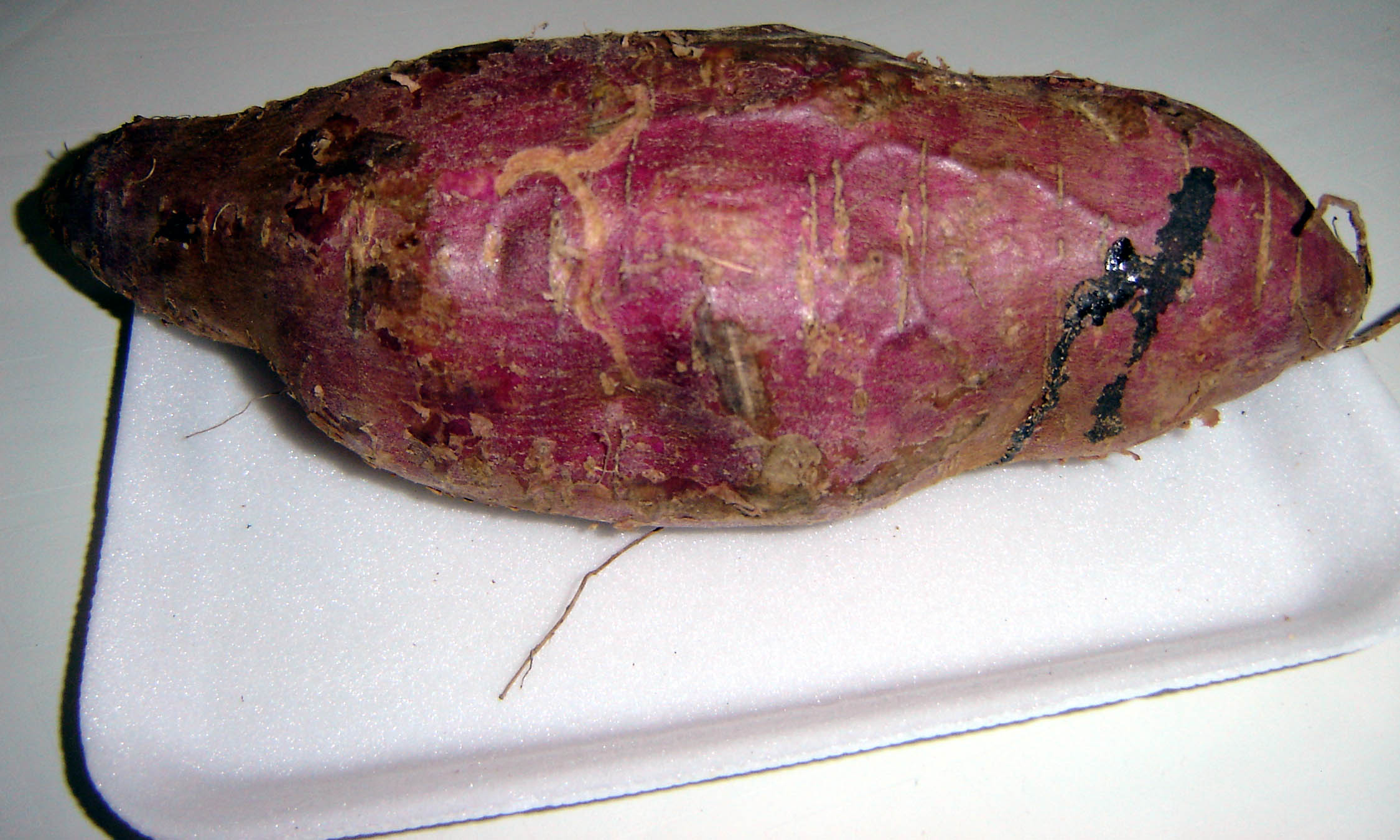
Few things brighten a plate like the vivid color of a purple sweet potato, and that color offers a clue to its real strength—anthocyanins and potent antioxidants. Many studies connect these unique compounds to better memory, faster learning, and a natural defense against age-related cognitive decline. Unlike ordinary potatoes, purple sweet potatoes have a lower glycemic index, helping steady blood sugar—and, in turn, keeping your brain supplied with stable energy. Whether roasted, baked, or blended into nourishing soups, this root brings both taste and health to your table. In some cultures, purple sweet potato is a staple food; now, North American groceries and farmers’ markets increasingly offer this nutrient-rich root as well. Proper storage is important: keep them in a cool, dark place and use within a week or two for best freshness. Experiment with slices in grain bowls or even in muffin recipes for a colorful memory boost. Sometimes, eating for your mind is as simple as going a little more purple.
5. Tulsi (Holy Basil): The Stress Reliever

If daily stress and mental fatigue sound familiar, Tulsi—also known as Holy Basil—might deserve a spot in your self-care toolbox. Celebrated for centuries in Ayurvedic and holistic traditions, Tulsi is an adaptogen: it helps balance the body’s response to physical and emotional stress. Researchers attribute these abilities to its unique blend of anti-inflammatory, antioxidant compounds and its gentle effect on cortisol (the “stress hormone”). Regularly sipping Tulsi tea or using tinctures may support mental clarity and emotional balance, creating just a little more space between you and the day’s worries. Try it as an herbal tea, blended caffeine-free for evening relaxation, or mixed into recipes for a subtle spice. If you’re buying dried leaves or teabags, look for organic and non-GMO certification. While most people enjoy Tulsi’s benefits without issue, it’s always a good idea to add any new herb slowly and observe how your body responds. Sometimes, nurturing your brain means letting a cup of calm become your daily ritual.
6. Spirulina: The Algae Powerhouse
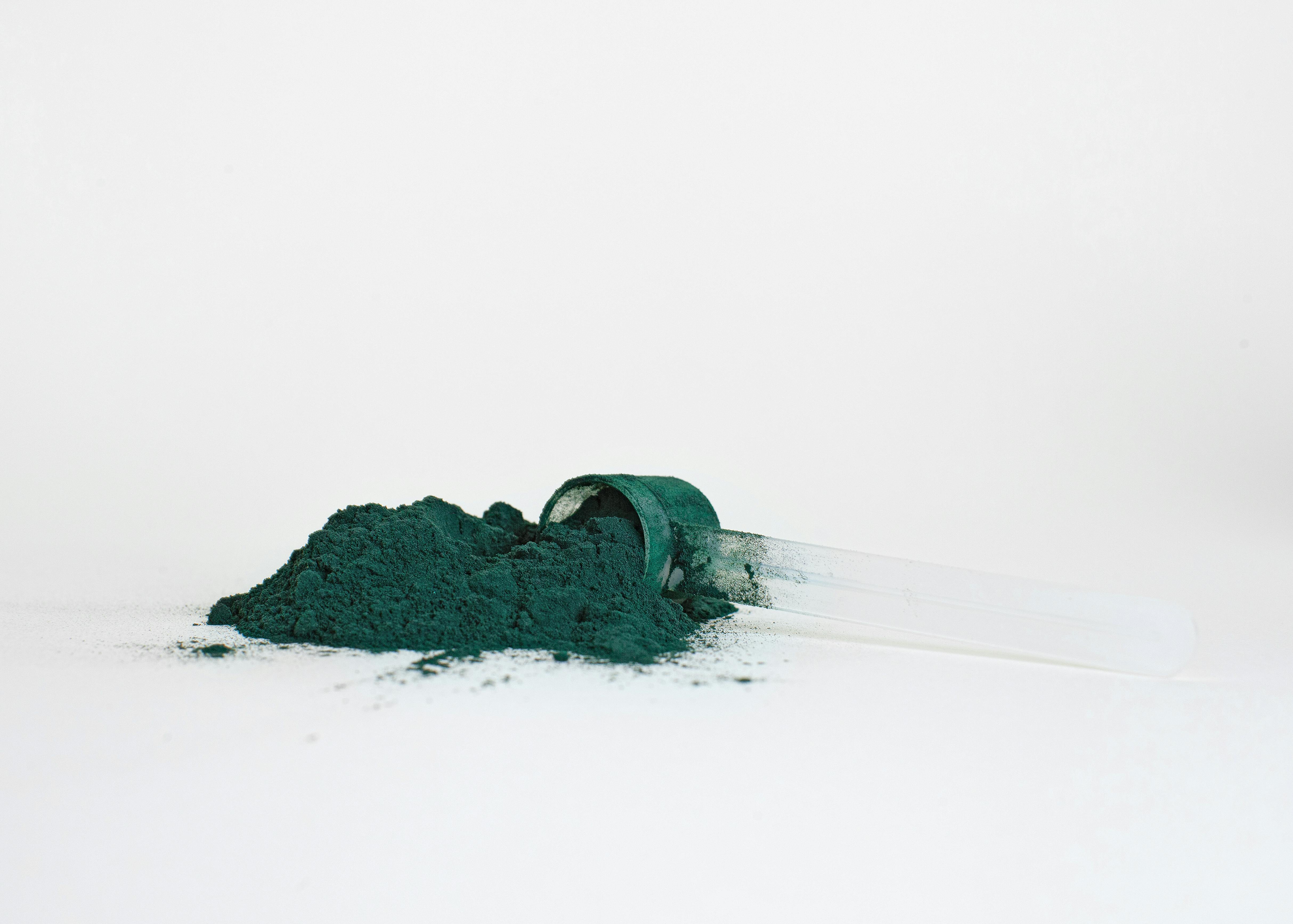
Ever notice how the most vibrant foods in nature seem to pack the greatest punch? Enter spirulina, a vivid blue-green algae that’s quietly becoming a superstar in the world of brain health. Spirulina is rich in phycocyanin, along with B vitamins and iron, all supporting healthy circulation and protecting neural tissues. Some studies suggest it may enhance focus and support cognitive resilience, especially under stressful conditions. This algae shines brightest as a daily addition: try blending spirulina powder into smoothies, stirring it into yogurt, or even adding it to homemade energy bars. Because algae can absorb heavy metals from water, always choose third-party-tested spirulina from trusted brands to ensure safety and purity. Not a fan of the strong taste? Pair it with tropical fruits or cacao—many people find it simple to mask. Embracing new nutrients can take some creativity, but the results may be an energized mind ready to meet whatever comes next.
7. Macadamia Nuts: The Monounsaturated Master
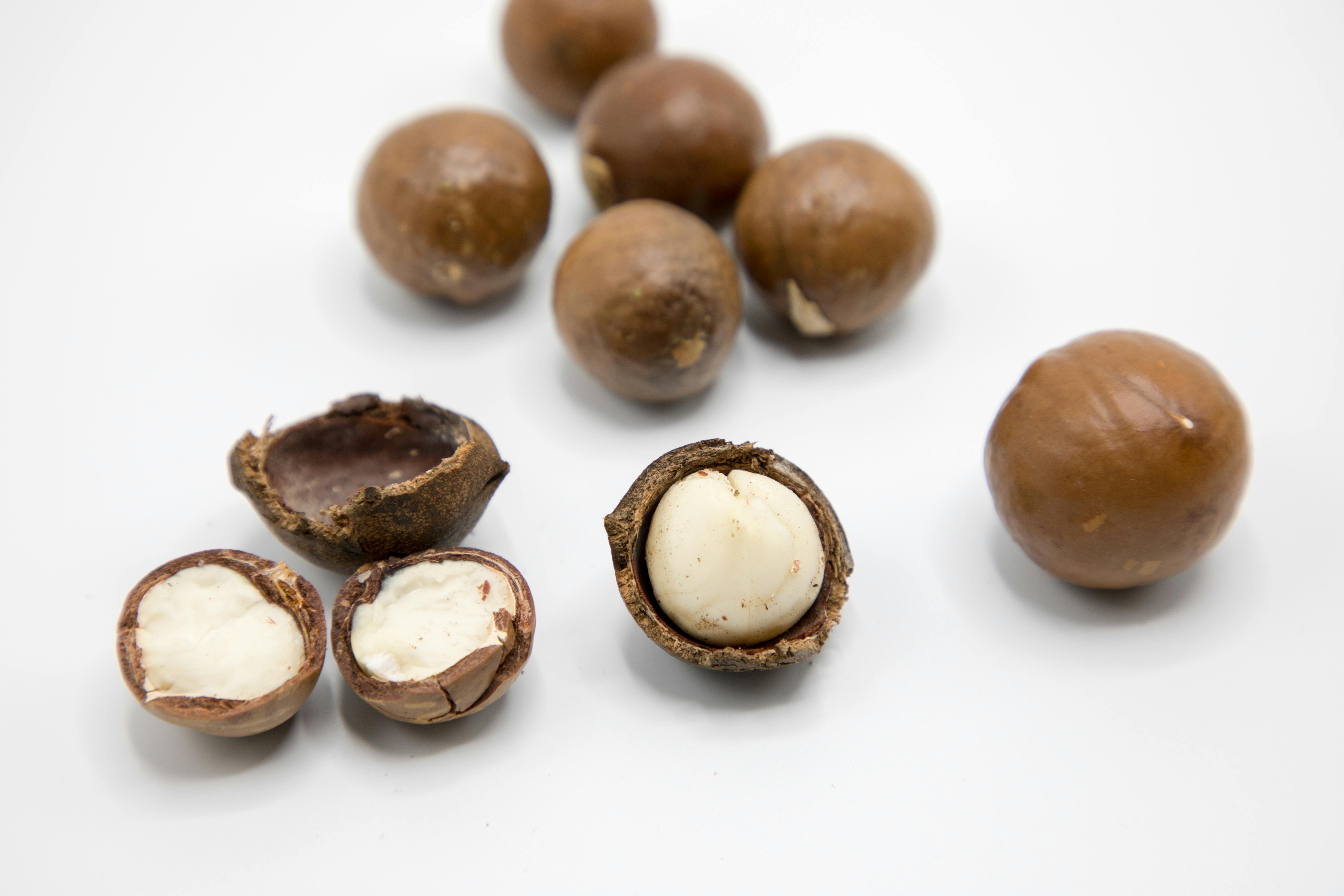
When it comes to brain-healthy fats, few foods deliver a more satisfying crunch than the macadamia nut. These luscious nuts are loaded with monounsaturated fats, vitamin E, magnesium, and fiber—nutrients linked to improved heart and brain health. Aol.com’s registered dietitian Lauren Manaker points out that eating macadamias doesn’t cause weight gain and may reduce cholesterol, offering a gentle, nourishing approach to everyday snacking. Add a handful to your trail mix, sprinkle them over oatmeal, or try macadamia nut butter as a creamy toast topper. As an allergen, remember to check for sensitivities before going all-in. Store your nuts in the fridge or freezer to keep them fresh and boost shelf life. Choosing roasted and unsalted varieties can help keep portions mindful and your palate satisfied. Let every bite be a little celebration: making space for brain-supportive fats is an act of self-kindness as much as smart nutrition.
8. Chlorella: The Detox Ally
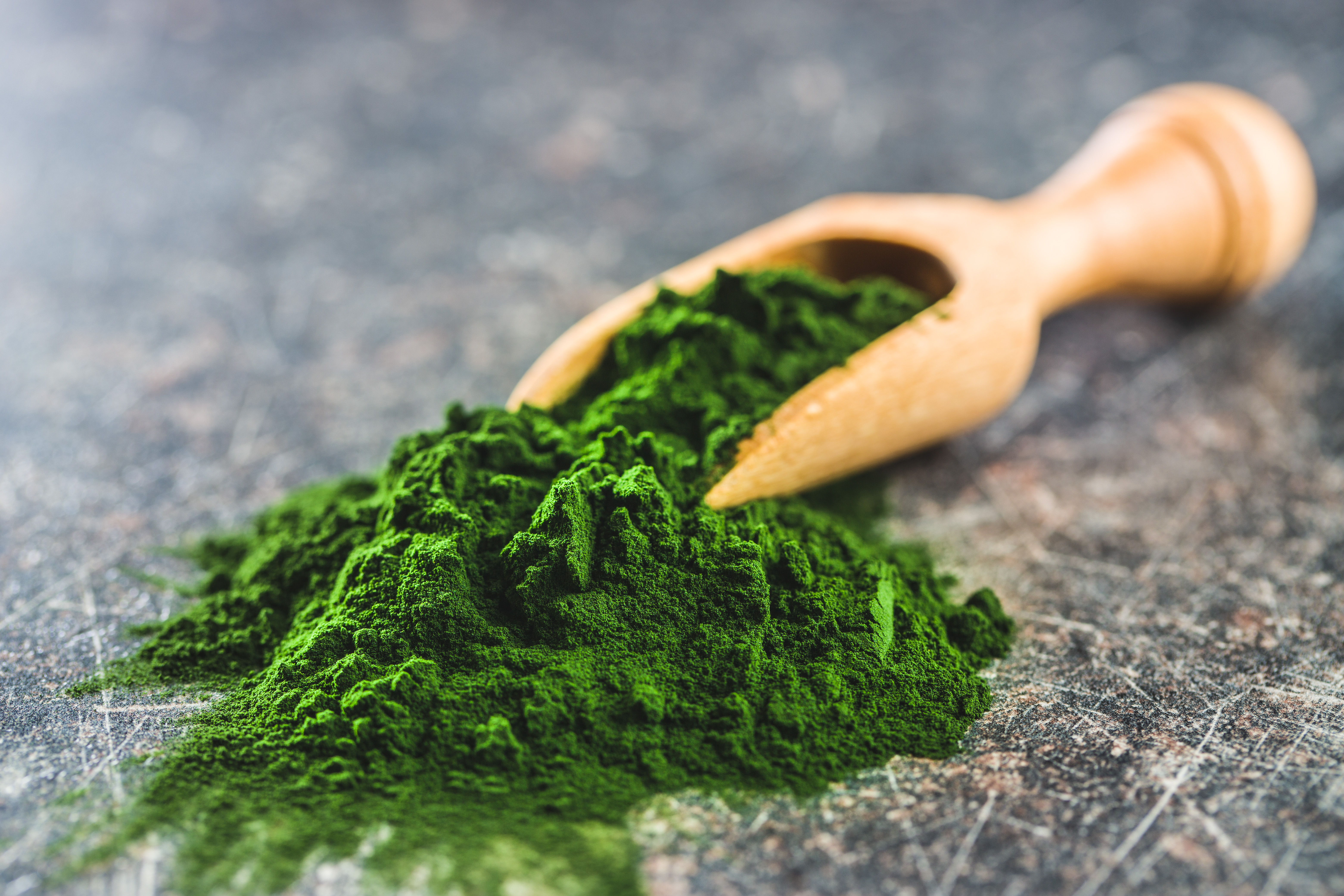
Sometimes, supporting a resilient memory takes a detoxifying twist. Chlorella—a single-celled green algae—may be small, but it’s bursting with chlorophyll, B vitamins, iron, and a unique ability to bind certain toxins, including heavy metals. For the brain, this means protection from the kind of low-level exposures that can quietly erode cognitive health over years. Clinical nutritionists recommend chlorella in powder or tablet form, blended into smoothies or stirred into juices for a daily boost. As with spirulina, the quality of your chlorella matters: look for third-party lab tests and choose certified brands for peace of mind. Gradual introductions help your system adapt to this potent detoxifier; start with half a serving and listen to your body before increasing. Embracing a clean, green routine can be empowering—sometimes, feeling mentally light starts from the inside out.
9. Astragalus Root: The Immune Guard
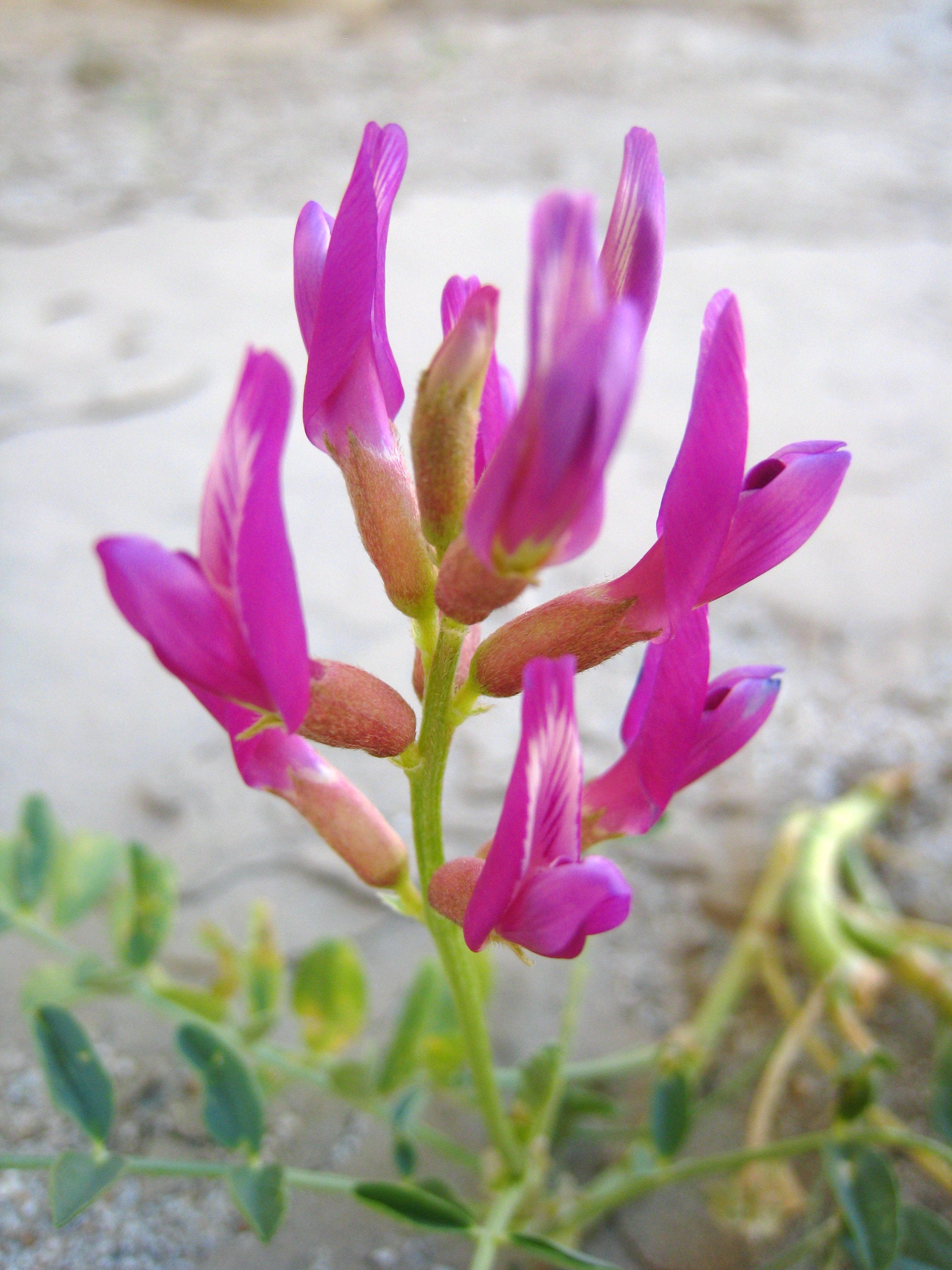
Sometimes, the bridge between body and mind benefits from a little immune-centered support. Astragalus root—long treasured in traditional Chinese medicine—offers a blend of polysaccharides and antioxidants that strengthen the immune system while supporting cognitive resilience under stress. Expert herbalists recommend astragalus as a calming tea or tincture, providing a subtle energy lift and whole-body shield during challenging seasons. Its adaptogenic qualities encourage balance in the body’s stress response, helping to preserve focus and positive mood. Seek reputable brands at herbal specialty shops or natural grocers; dried root slices or prepared tea bags are both convenient choices. Those with certain autoimmune conditions should consult a health professional before exploring astragalus, as its immune effects may be too stimulating for some. For most people, though, astragalus can add an earthy note to daily self-care—and a gentle nudge toward a more resilient mind.
10. Camu Camu Berry: Vitamin C Dynamo
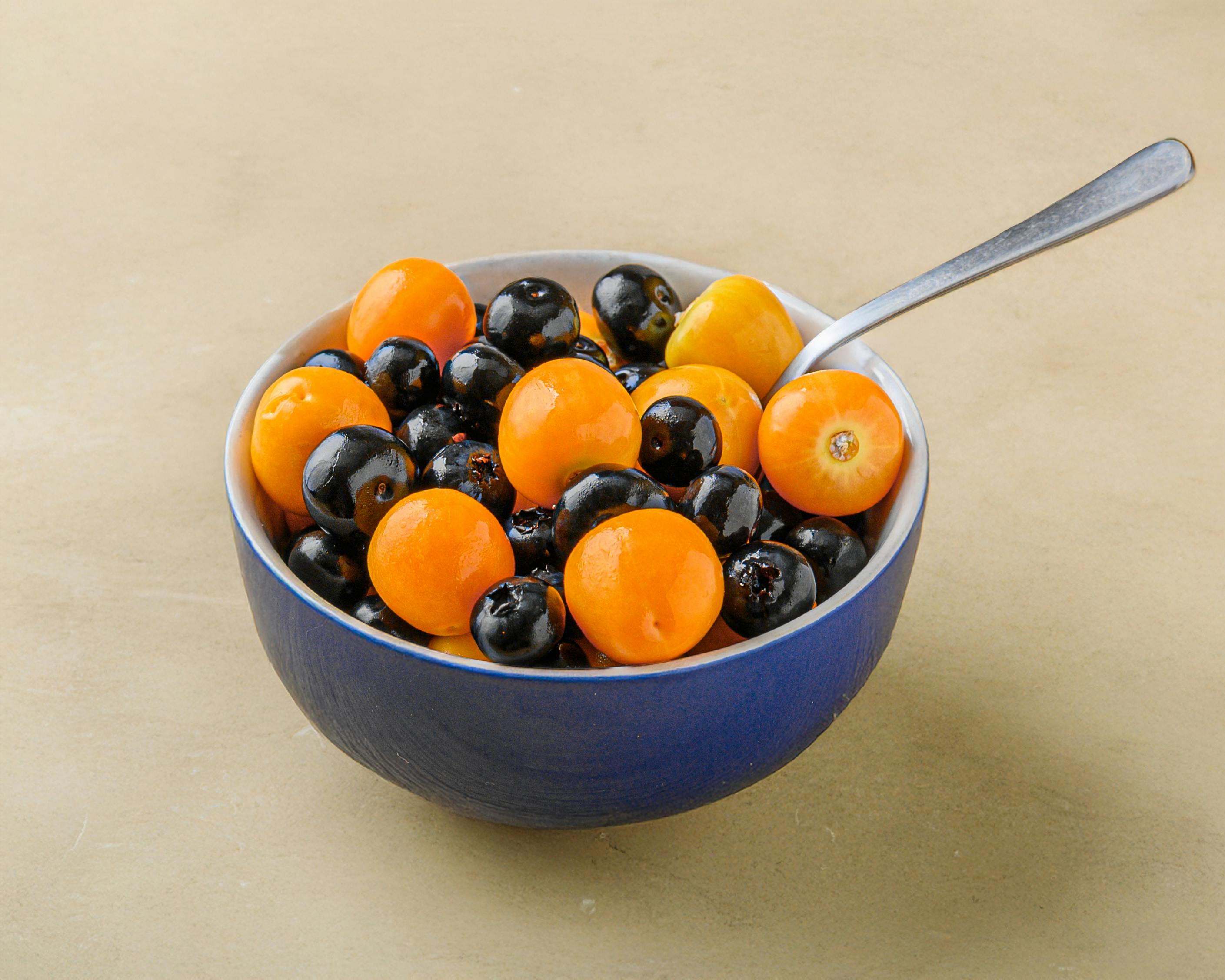
Vitamin C is often linked with immune health, but its role in protecting brain cells and supporting mental energy is now gaining attention—especially in its most potent natural form: the Camu Camu berry. Harvested from rainforests, this small fruit boasts the world’s highest concentration of vitamin C, along with polyphenols and potent antioxidants. Recent studies highlight Camu Camu’s abilities not only to fend off oxidative stress (a major player in memory loss) but also to support the production of neurotransmitters essential for mood and memory. Camu Camu usually appears as a tangy powder (the fresh berries are quite sour!), perfect for mixing into smoothies or juices. Start with half a teaspoon, increasing gradually as your body adjusts to the tartness and vitamin hit. Check for organic and ethically sourced products whenever possible. Little changes—like swapping out ordinary powders for a splash of Camu Camu—may offer your mind the daily jumpstart it’s been craving.
11. Fermented Black Garlic: The Flavorful Antioxidant
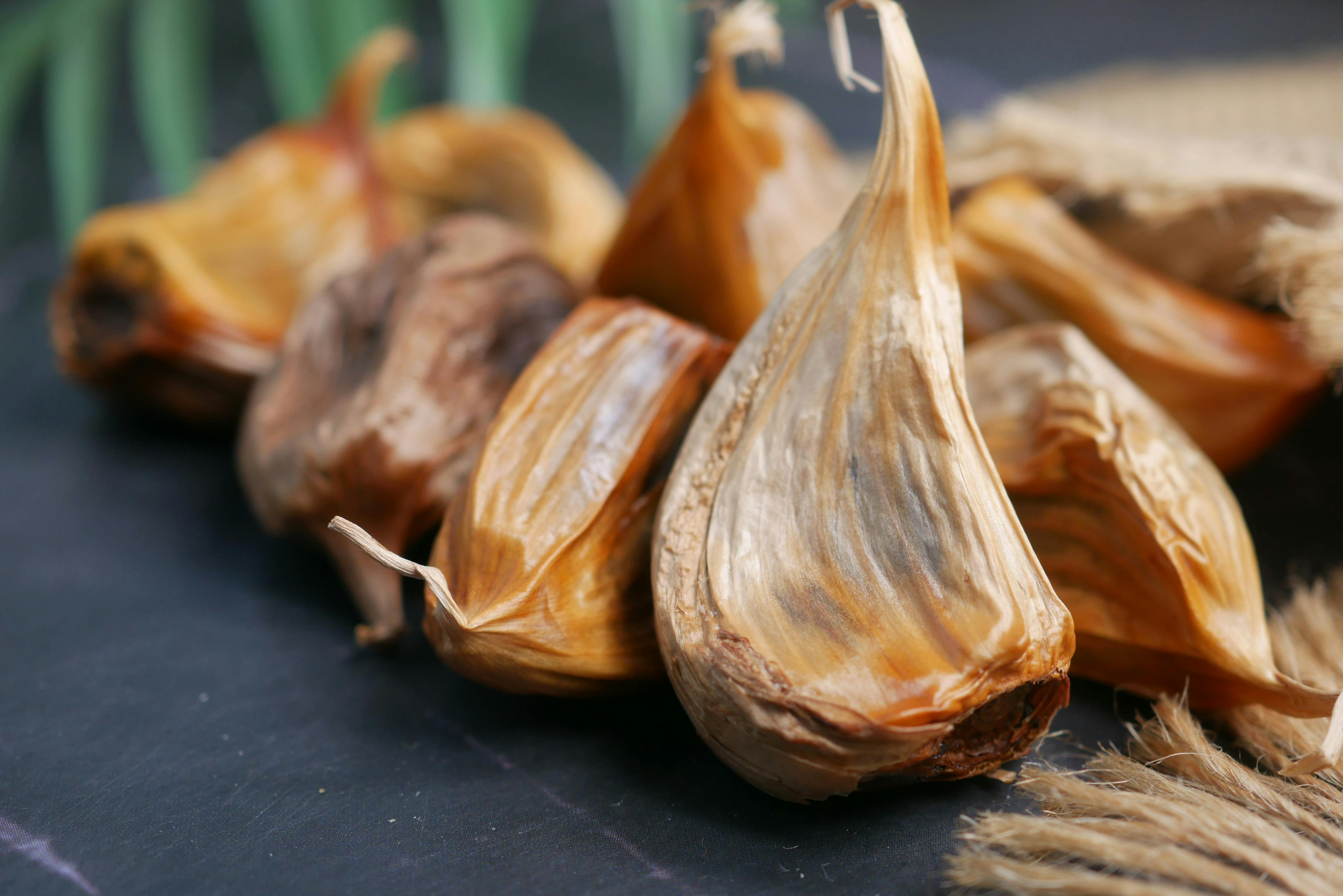
Garlic may be a kitchen staple, but its fermented cousin—black garlic—is quietly building a reputation as an antioxidant powerhouse, especially for brain health. The fermentation process transforms regular garlic cloves into deep, sweet, almost molasses-like bites packed with S-allyl-cysteine and polyphenols. Scientific studies suggest these unique compounds may help protect memory, reduce oxidative stress, and even boost cardiovascular health (which, in turn, benefits the brain’s oxygen supply). Black garlic is milder and easier to digest than raw garlic, making it a great addition to spreads, stir-fries, or cheese platters. Look for ready-to-use packs at specialty stores or online retailers—just be sure to store them in a cool, dry place. Every new taste is an opportunity to discover memory-friendly flavors; let your next meal become a gentle experiment in nourishment and pleasure.
12. Pumpkin Seeds: The Mineral Multitasker
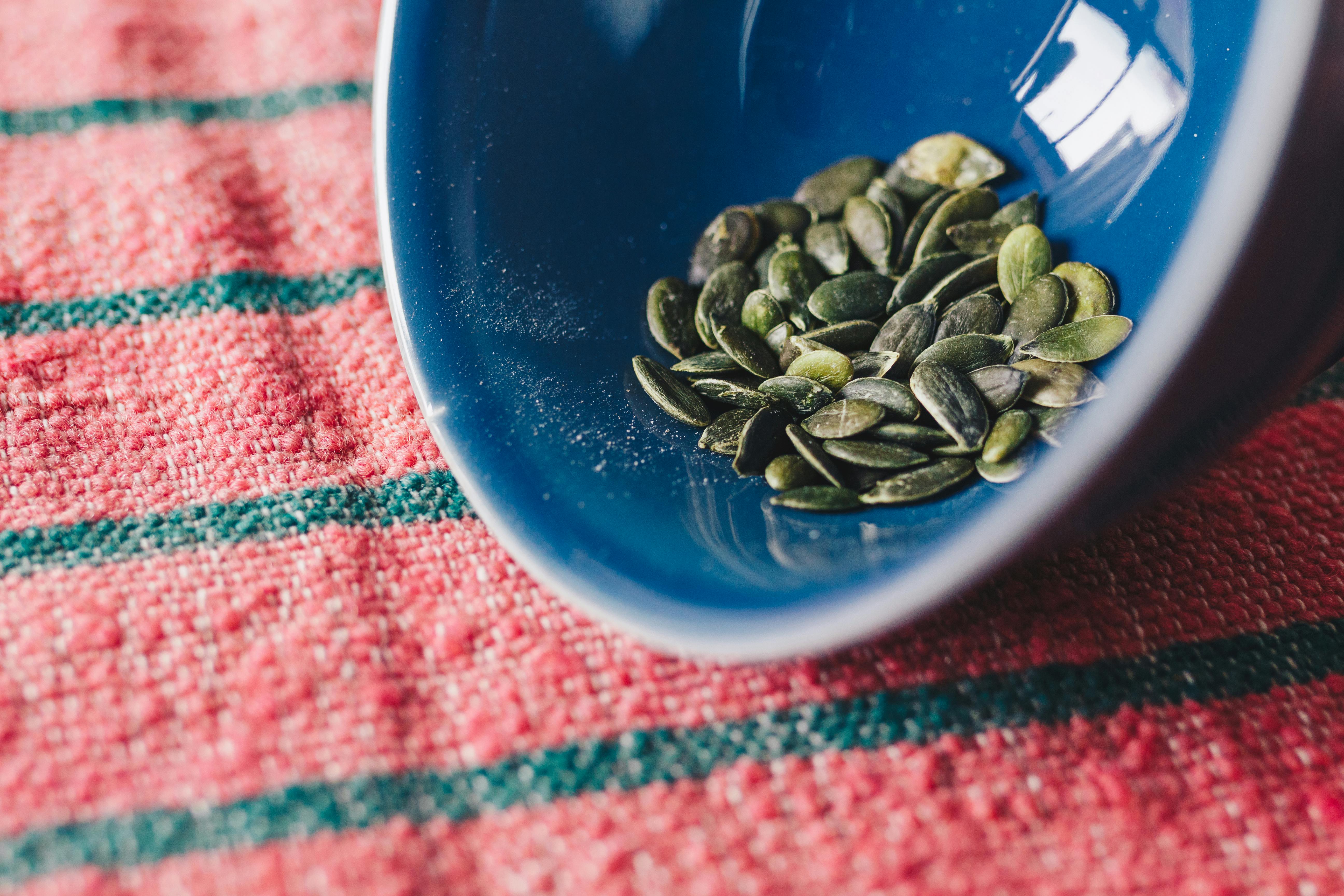
Whether sprinkled on oatmeal or munched by the handful, pumpkin seeds (pepitas) offer more than just crunch. They’re a reliable source of magnesium and zinc—minerals essential for a balanced mood and long-term memory support. Add in tryptophan (a precursor to calming serotonin) and plant-based omega-3s, and you’ve got a snack that’s delicious and deeply nourishing. Wellness experts and registered dietitians agree: regular pumpkin seed intake is linked to improved cognitive function in both animal and human studies, likely by supporting neurotransmitter activity and brain plasticity. Enjoy pumpkin seeds roasted, raw, or as a creamy seed butter. Store them in airtight containers away from heat to keep them fresh and maximize their shelf life. If you’re new to seeds, start with a serving the size of your palm and notice how your body responds. Little by little, these mineral multitaskers may help you feel grounded and mentally resilient, no matter what your day holds.
13. Sea Buckthorn Berry: The Omega-7 Secret
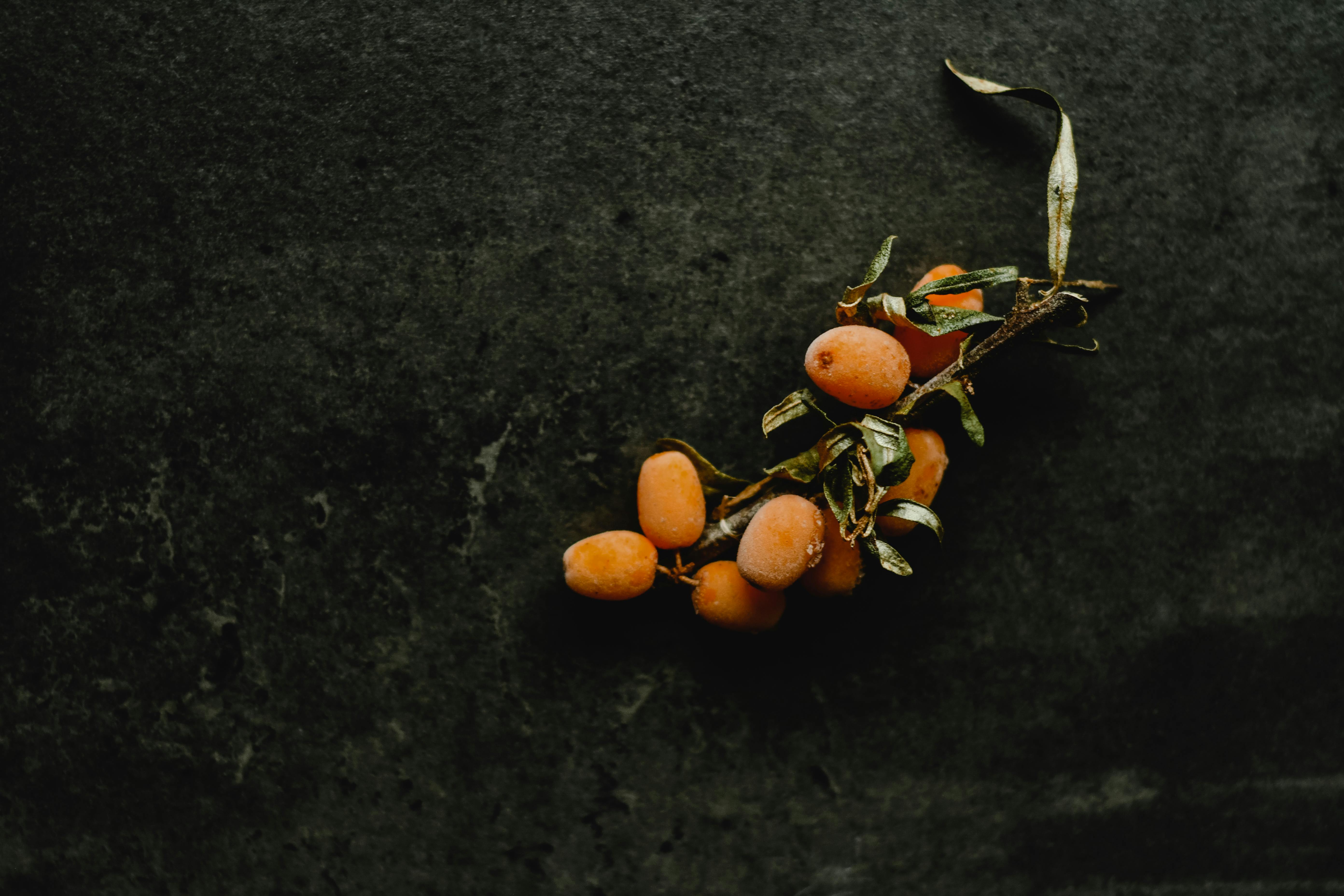
Sea buckthorn berries are tiny orange gems celebrated for their rare nutrient profile—especially omega-7 fatty acids, carotenoids, and a range of unique antioxidants. Research on sea buckthorn highlights its role in supporting healthy brain circulation, reducing inflammation, and offering gentle neuroprotection with regular use. You’ll find sea buckthorn in juices, purees, oils, or as a supplement (often combined with other berry extracts). The flavor is bold—slightly tart, somewhat floral—so start low and go slow when first experimenting. Look for wild-harvested, organic sources where possible, and refrigerate oils and purees for freshness. Sea buckthorn’s golden color can be your reminder that nurturing brain health is about more than just one nutrient; sometimes, the true magic is in the blend of compounds working together to help you feel vibrant from within.
14. Flaxseed: The Plant Omega
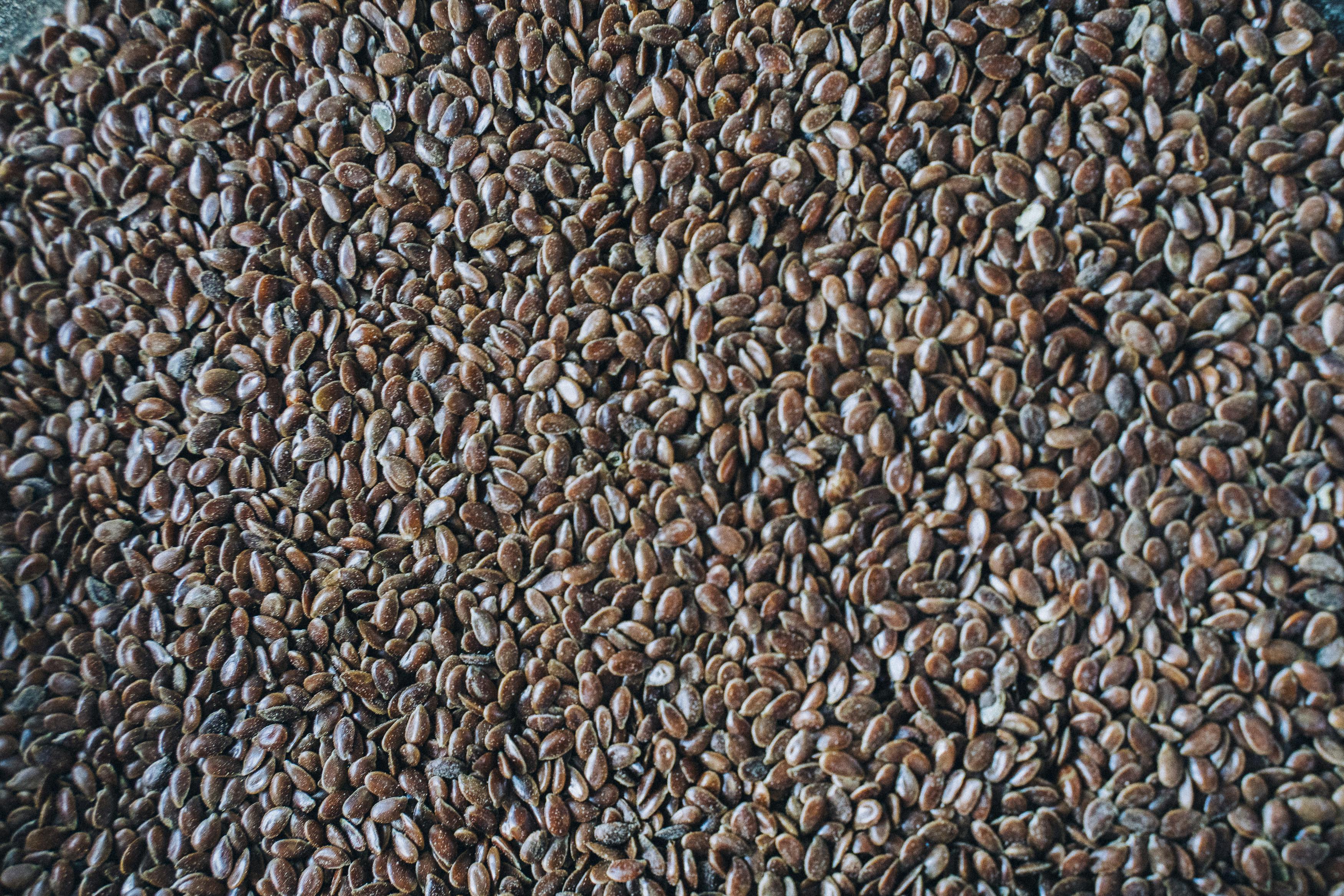
There’s something simple and comforting about adding a scoop of flaxseed to breakfast—and the science backs up its benefits. Flaxseed is a top plant source of alpha-linolenic acid (ALA), a type of omega-3 linked to memory and mood support. In addition to their healthy fat profile, flaxseeds deliver lignans, which act as antioxidants and are associated with lower inflammation in the brain over time. Eat ground flaxseed (for best nutrient absorption) sprinkled on yogurt, oatmeal, or baked into muffins. Store your seeds in a sealed container in the fridge; the oils can go rancid if left out in warm air. Experts suggest about one to two tablespoons daily as a supportive brain food routine. Flaxseed is gentle, versatile, and a perfect “starter” superfood if you’re new to optimizing memory. There’s no need for fancy or complicated recipes—just one small, delicious upgrade at a time.
15. Fermented Ancient Grains: The Gut-Brain Bridge
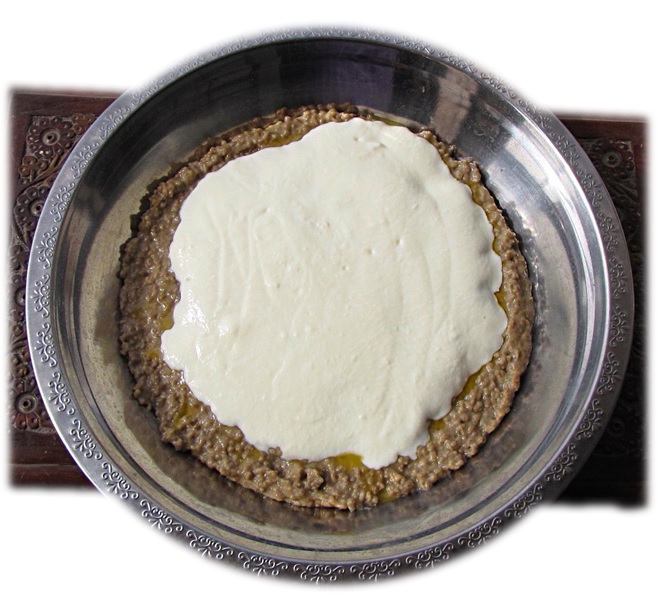
Our understanding of brain health is growing deeper every day—including how much our gut has to say in the matter! Fermented ancient grains, like sourdough rye, sprouted quinoa, or naturally fermented millet, help bridge that gut-brain connection. While modern grains are often processed and low in fiber, these traditional preparations offer superior nutrient absorption, provide prebiotic fiber for healthy gut flora, and support the production of brain-friendly neurotransmitters. Clinical nutritionists recommend including a serving of naturally fermented grain each day (such as a slice of real sourdough or a bowl of fermented millet). If baking isn’t on your schedule, seek artisanal bakery sourdough or try ready-to-eat sprouted grain options from health food markets. Fermentation can also reduce allergenicity, making these grains gentler for sensitive stomachs. By nurturing the gut-brain axis, fermented grains offer a holistic foundation for memory and cognitive wellness—one comforting bite at a time.
16. Eggs (Yolks): The Choline Memory Fuel
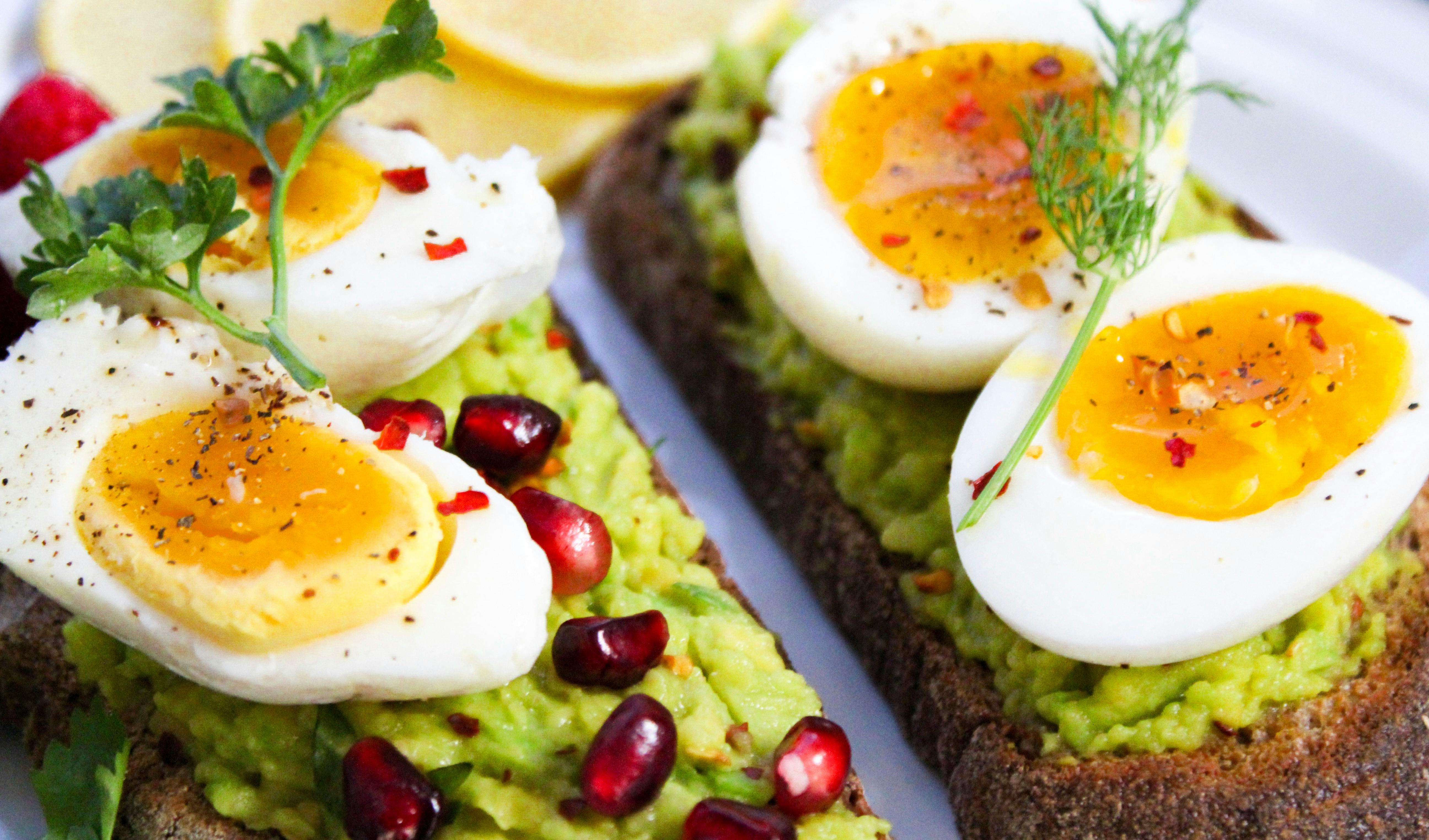
Eggs, specifically the yolks, are the most bioavailable food source of Choline, a powerhouse nutrient essential for memory and cognitive function. Choline is the direct precursor to Acetylcholine, the primary neurotransmitter responsible for learning, memory storage, and muscle activation. As we age, ensuring optimal Acetylcholine levels is critical for staving off mental fog. Eating two whole eggs daily provides the necessary raw material to fuel neural communication. Unlike supplements, the Choline in eggs is perfectly packaged with healthy fats and other B-vitamins, making it a simple, affordable, and incredibly efficient brain booster.
17. Ghee (Clarified Butter): Butyrate Precursor for Neuroprotection
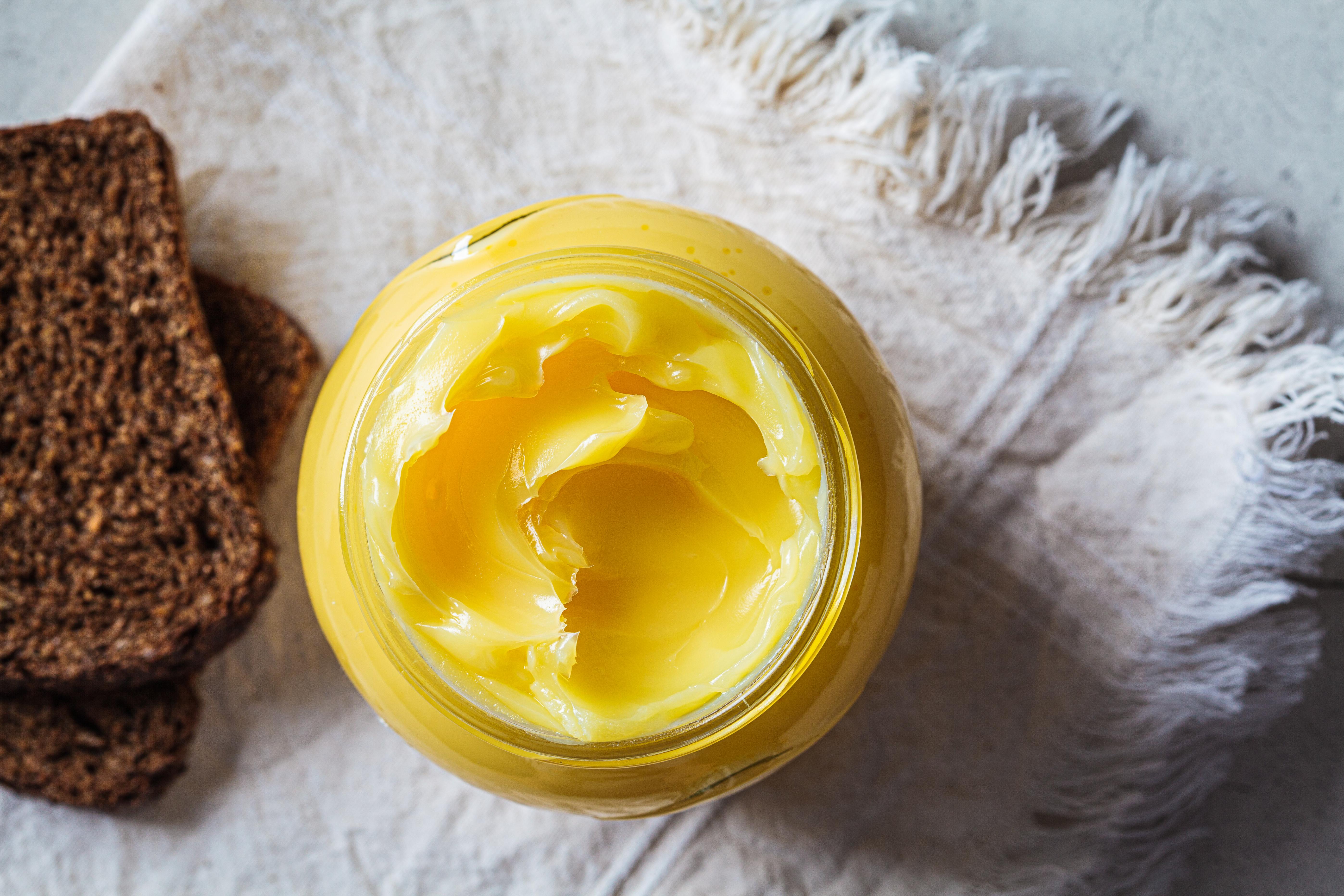
Ghee, or clarified butter, is a unique addition that supports the brain through the gut. It is a concentrated source of Butyric Acid (Butyrate), a short-chain fatty acid that is a crucial fuel source for cells lining the colon. Butyrate is celebrated for reducing gut inflammation and strengthening the gut barrier—which, in turn, minimizes systemic inflammation that can cross the blood-brain barrier. By calming inflammation at the source, Ghee offers indirect neuroprotection, supporting a healthier internal environment for cognitive function and mood stability. Use a teaspoon of high-quality, grass-fed Ghee in cooking or melt it into coffee or tea.
18. Red Cabbage: Anthocyanin and Synapse Support
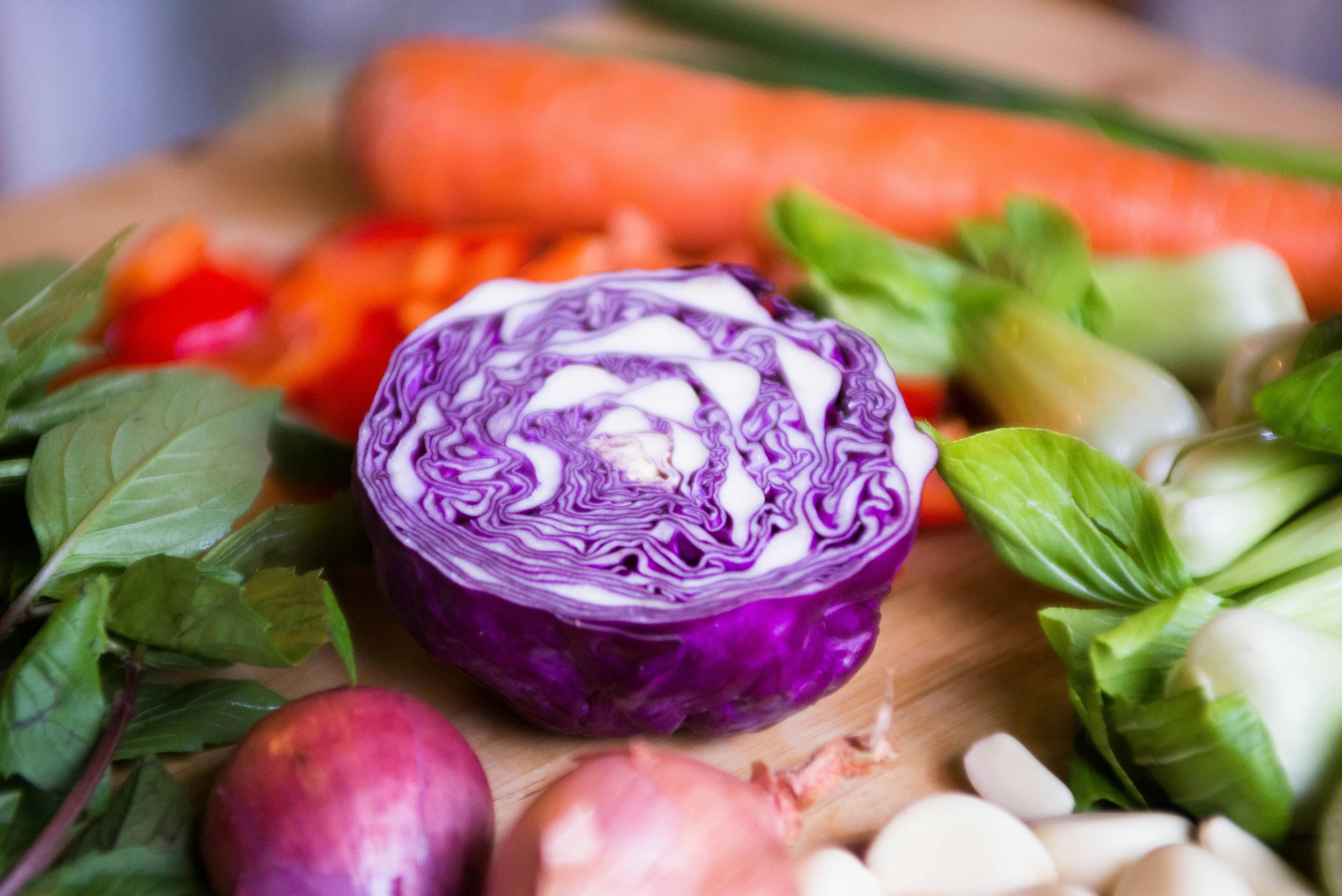
While general leafy greens are mentioned, Red cabbage offers exceptional, targeted support due to its deep purple hue. This color comes from high concentrations of Anthocyanins (similar to blueberries), which actively scavenge free radicals and protect neural tissue from oxidative stress. Additionally, Red cabbage is rich in Vitamin K, which is vital for the proper structure and signaling of sphingolipids—fats that are crucial for nerve cell membranes and healthy synapse formation (the points of communication between neurons). Enjoy it raw and crunchy in slaws, or lightly pickled, to maximize its dual antioxidant and structural benefits.
19. Almonds (Raw): L-Carnitine for Mitochondrial Energy
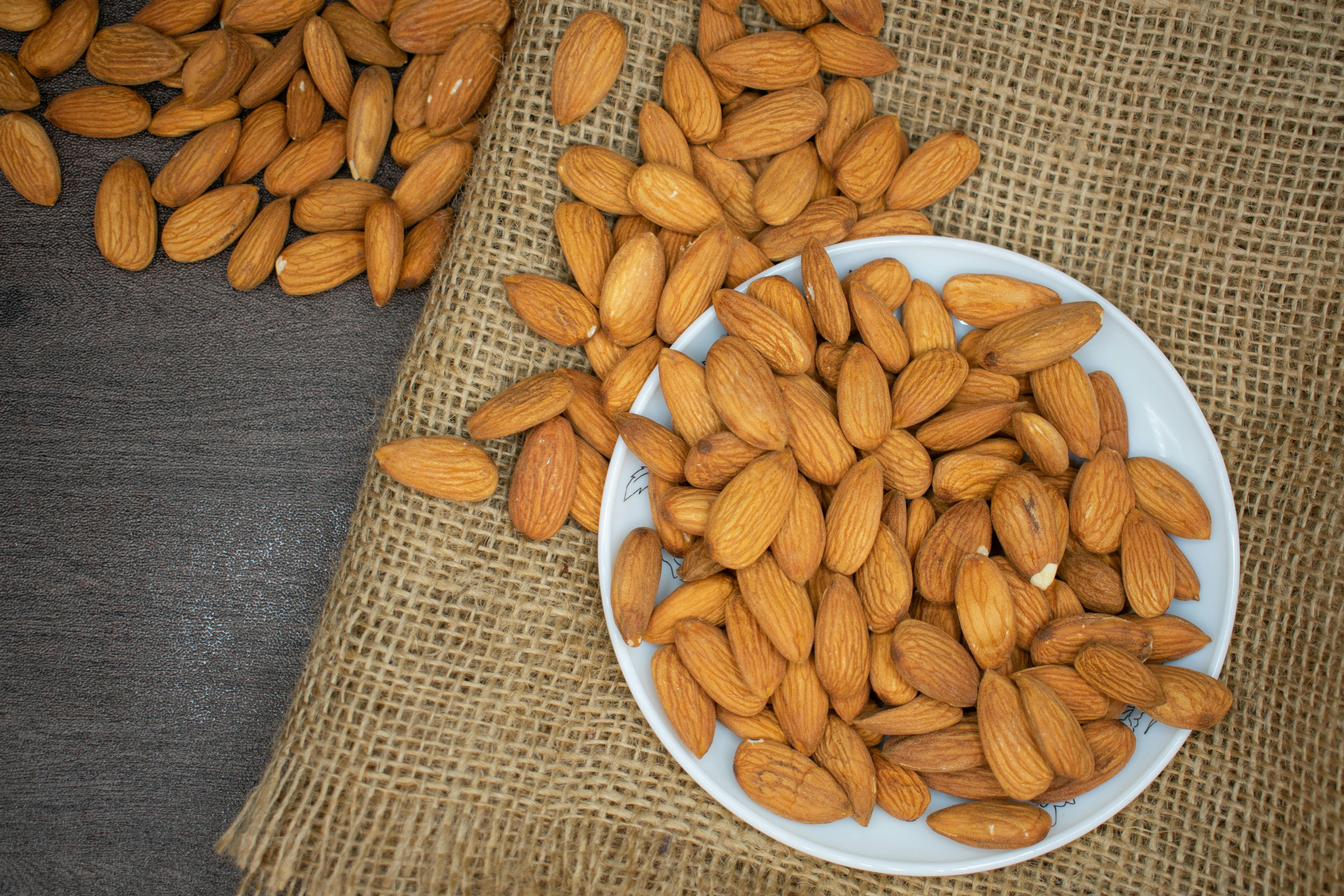
Almonds are known for Vitamin E, but their unique cognitive benefit lies in their concentration of L-Carnitine and Riboflavin (B2). These compounds are essential co-factors for generating cellular energy within the mitochondria—the powerhouses of your brain cells. Since the brain consumes 20% of the body's energy, providing L-Carnitine helps ensure efficient fat-to-energy conversion, preventing the "energy crisis" that causes mental fog and fatigue. Munch on a handful of raw almonds daily to give your brain cells the clean, constant, powerful energy supply they need to maintain focus and resilience.
20. Mustard Greens: Sulforaphane and Folate Source
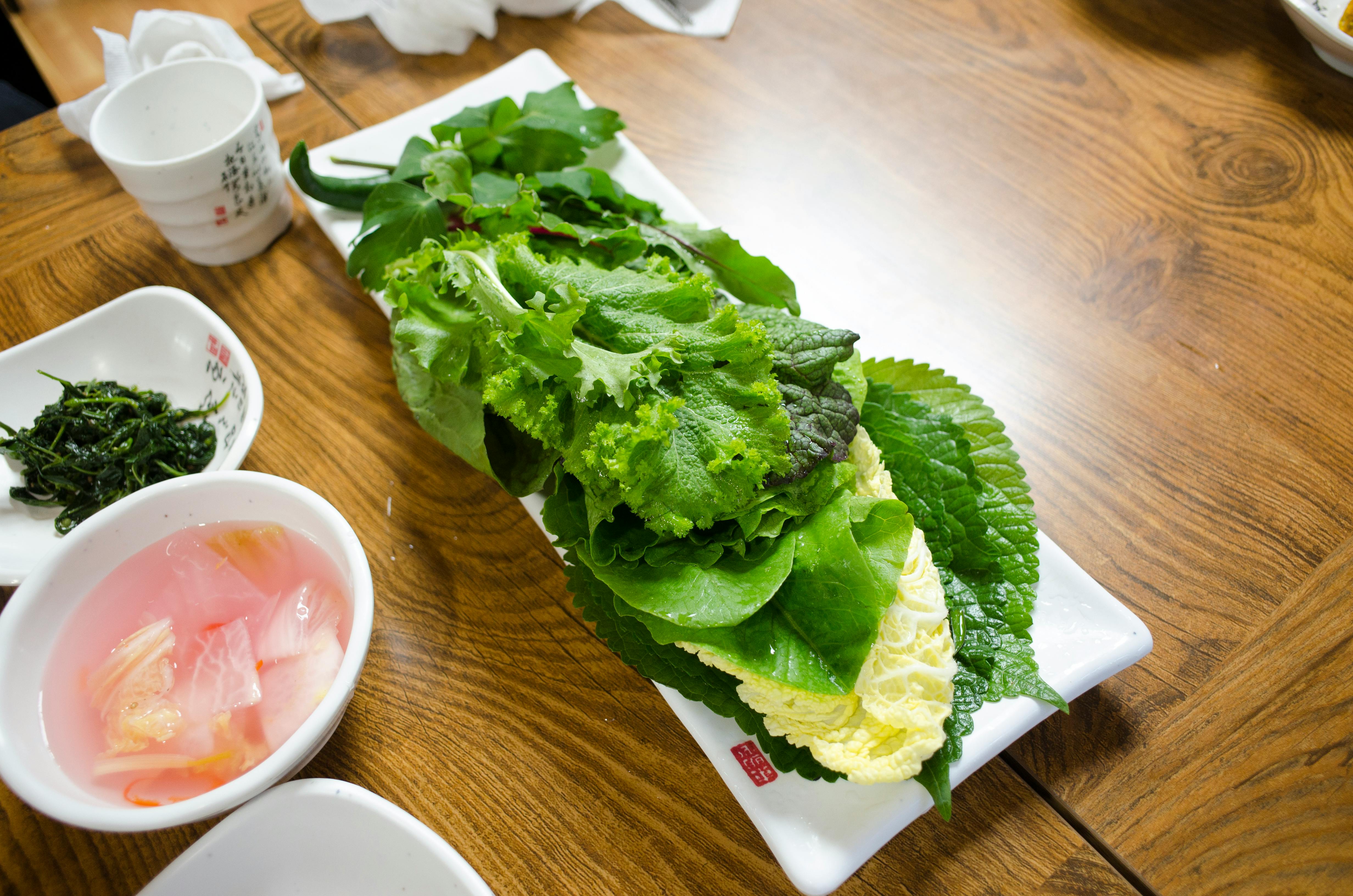
Mustard greens (and similar spicy greens like arugula) offer potent cognitive protection through their concentration of Isothiocyanates and Folate. When chewed, these greens release Sulforaphane (like broccoli), which activates detoxification pathways, indirectly protecting the brain from circulating toxins. Importantly, they are rich in Folate, a key B-vitamin required to regulate homocysteine—a compound that is toxic to nerve cells and blood vessels in the brain when elevated. Cooking mustard greens lightly or eating them raw in salads is a direct way to support your neural structure and vascular health.
A Journey Toward Lifelong Brain Vitality

Remember, you don’t have to transform every habit to enjoy more mental clarity and memory support. Even one new addition can offer a sense of accomplishment—and often, these choices compound over time. If your week brings extra stress, a cup of Tulsi tea or an extra handful of pumpkin seeds may help you feel a little steadier and resilient. As you make these changes, celebrate every step, no matter how small. Honoring your brain—at any age or stage—isn’t about chasing youth, but about nurturing wisdom, confidence, and joyful presence as the years unfold. To brighter thoughts and more vibrant days ahead!
